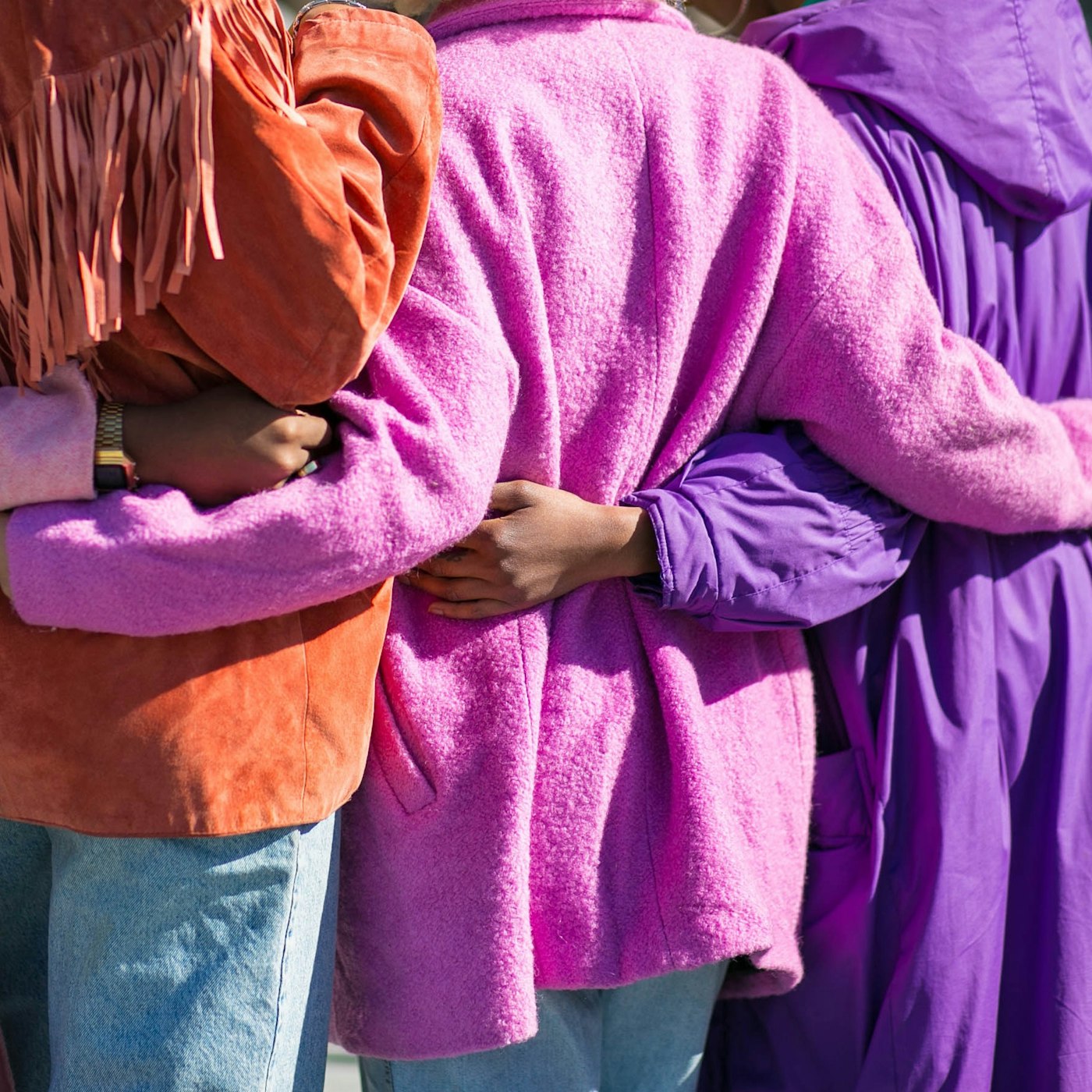The Self Actualisers– And Occupying the 2nd and 3rd Generation Immigrant Space
by Mariam Malik in Culture & Lifestyle on 27th February, 2019


The other day during a catch-up with a friend, I mentioned another friend who I’m due to go away with soon. The friend I was with asked about her and what she was like, it dawned on me, that I have known both of these friends for 5+ years but they’ve never met one another. This indeed isn’t the first time I’ve had this thought but I’ve never really thought further about it. All my friendships exist in very separate bubbles. I like it that way. I guess it’s fairly self-evident that I must. I have never really made an effort to bring them all together. I think in part it’s because I really enjoy nurturing and understanding my friends, working through their vulnerabilities and sharing mine, learning about the unique aspects of life that are tricky for them and others they find a breeze, something I feel group situations don’t allow for in quite the same way. In my experience instead, group situations facilitate relatively shallow conversation, which I can handle in small doses but certainly doesn’t invigorate my need for meaningful connection in quite the same way.
This encounter with my friend, got me thinking. Do my friends share any similarities? Would they like each other? What would it look and feel like if they were all in a shared space? I realised at a surface level all my friends are entirely different from one another, different jobs, interests, a variety of ethnicities and mixes, colours. When I dug a little deeper however, what I realised is that my friends (and I) have one very crucial thing in common, we’re all self–actualisers.
The Self Actualisers
For the majority of my friends and I, we occupy that 2nd/ 3rd generation immigrant space. And the ones who don’t are humans who are on a journey with a genuine commitment to understanding themselves and their purpose better. So they might not be doing the laying down of the foundations and the figuring out of what it means to be the inheritor of a hyphenated identity , but they are committed to acknowledging their privilege, that comes with not being asked, ‘where are you from?’, from having their norms mirrored continuously back to them and therefore being given tacit approval. I perceive them to be cognizant of what it means to be inheritors of a more protected and confident socio-cultural experience. In witnessing their push to know themselves better I find inspiration of sorts, their relative comfort gives me a hope.
I think for those of us who are the first in at least 2 generations who get to unravel what life can and may look like beyond survival, we have the privilege to begin to explore what it means to ‘be’, the sense of responsibility that comes along with that is immense.
Our ability to engage with this impacts the generation that preceded us as well as the one that follows, possibly growing up in a more challenging set of socio-political circumstances than even we (for the sake of context, millennials…) did. What it means to be British and ‘X’, how we feel about accessing ‘new’ spaces that our education and related socio-cultural experiences have exposed us to, I don’t know whether or not we like going to the theatre, how we want our dietary choices to look. Do I take up yoga or is that a bit bougie? ( I have recently started doing yoga and it is just exquisite). What does it mean for me to actively engage with and think about the culture I feel best represents me? Is it the one that is so crucial to my parent’s sense of identity or am I going to have to re-think this and come up with a sort of hybrid version? Am I deluding myself in thinking that I have any real agency over this ‘chosen’ culture?
Albeit hard work and at times hugely challenging as sometimes there isn’t a precedent that we have access to guide the challenges and dilemmas we are confronted with. It can be both lonely and pretty exhausting. I guess that’s where having an incredible group of passionate, motivated, most importantly grateful friends, with an immense sense of seeking is a very fortunate find. We can encourage each other to fly yet also make sure we are grounded in that flight. In recognising the giants whose shoulders we stand on, the giants who perhaps didn’t get to think about self-actualization we honour them and their stories which are also our stories.
It’s an immense privilege to be the first generation that is given the chance to engage in this newly afforded capacity to work with a more malleable sense of passed down identity; one we have more control in shaping. Here’s to all those who are navigating life with a hyphenated identity, what a stunning challenge life presents us with.
Mariam Malik
Mariam is a Paediatric Speech and Language Therapist. She is particularly interested in furthering the conversation within communities to enhance access and acceptance for individuals with difficulties. She can be followed on Twitter for more updates. @mariammaliks